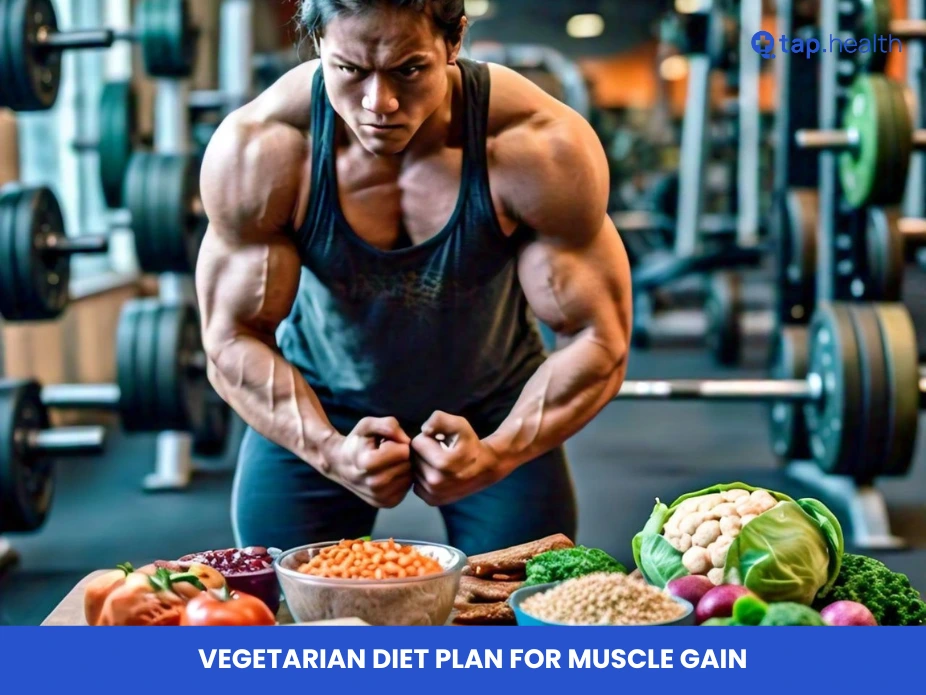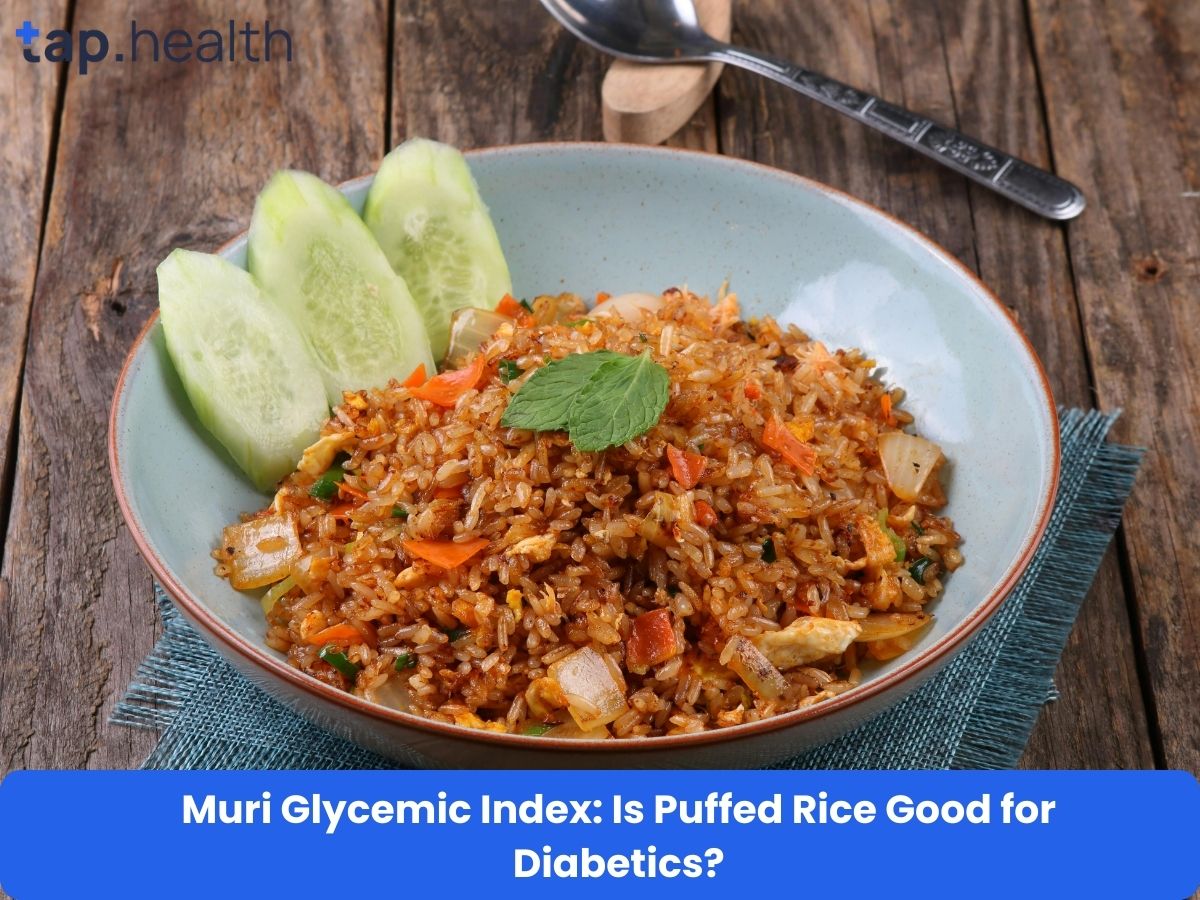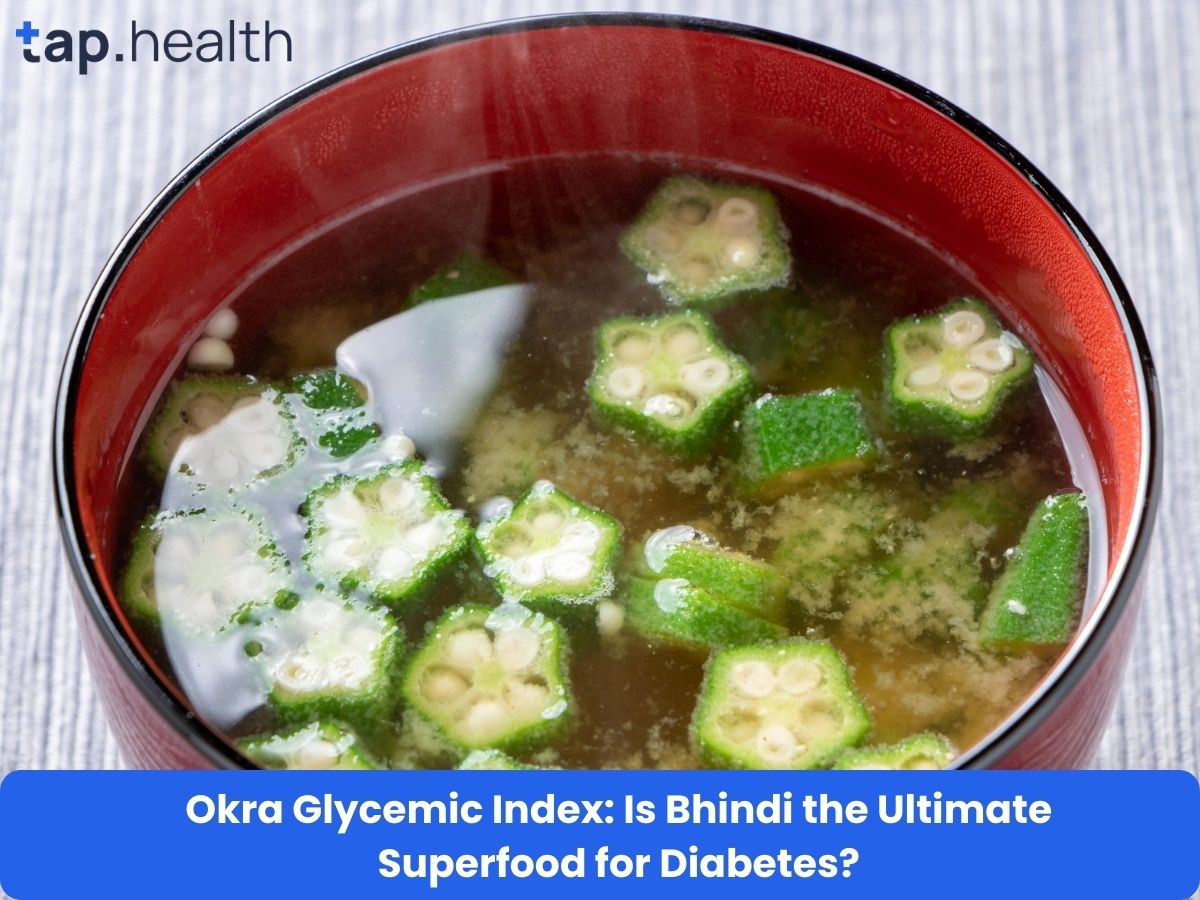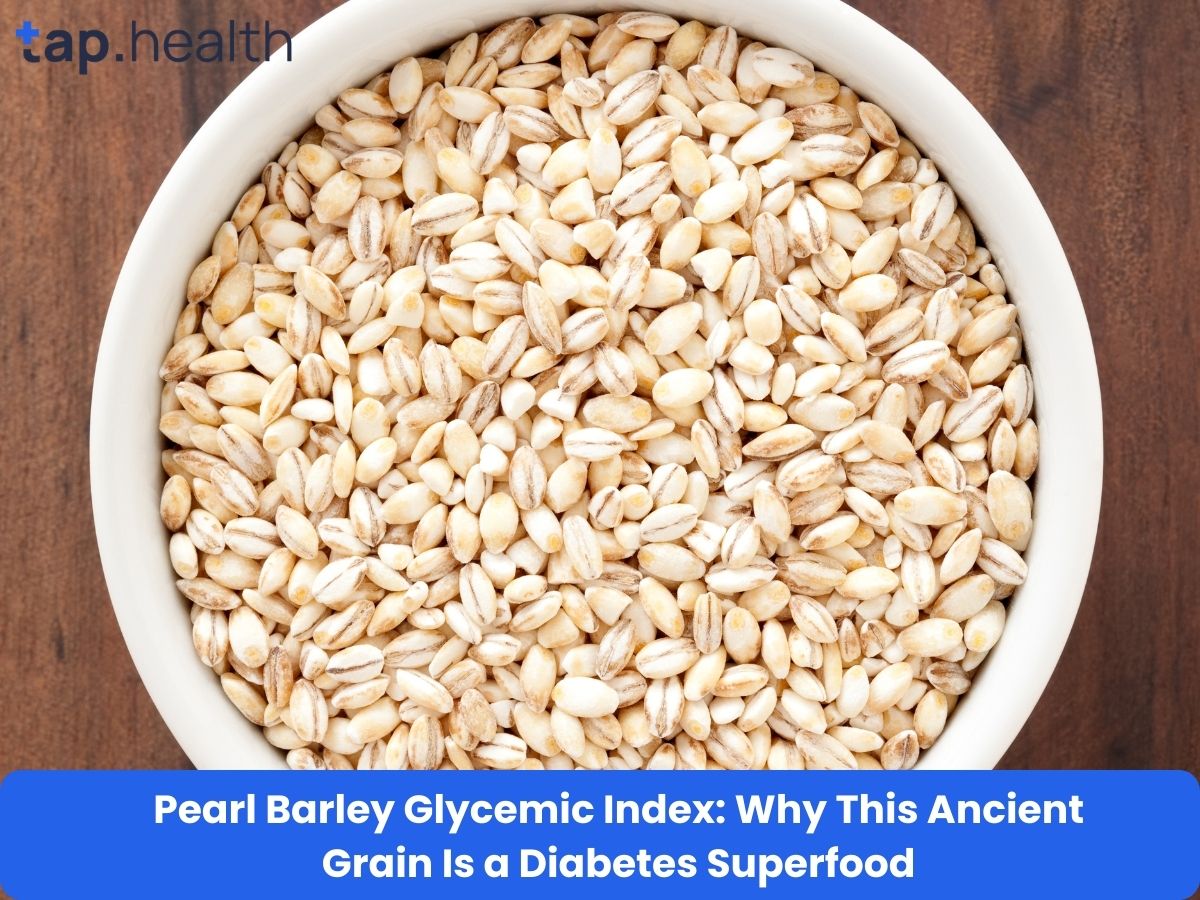Why Choose Vegetarian Diet for Muscle Gain and Its Health Benefits?
Q: What are the main reasons to opt for a vegetarian diet for muscle gain?
A: A vegetarian diet supports muscle hypertrophy through rich nutrients while offering health benefits like reduced heart disease risk, lower cholesterol, and high antioxidants for recovery. It also lowers environmental impact by cutting greenhouse gases and promotes ethical animal welfare.
Q: How does a plant-based diet improve heart health during muscle building?
A: Lower saturated fats and higher fiber from legumes, nuts, and whole grains reduce blood pressure and chronic disease risks, aiding sustained energy for strength training.
Key Nutrients in Vegetarian Diet for Muscle Gain: Protein, Carbs, and More
Q: What protein sources are essential in a vegetarian muscle gain plan?
A: Focus on legumes (lentils, chickpeas), soy products (tofu, tempeh), dairy (Greek yogurt, cheese), eggs, nuts/seeds (chia, hemp), and grains (quinoa). Aim for 20-30g per meal, timing evenly for muscle protein synthesis.
Q: Why are carbohydrates crucial for vegetarian muscle hypertrophy?
A: Complex carbs like brown rice, oats, and sweet potatoes fuel workouts and replenish glycogen. Consume pre/post-training to prevent fatigue and support recovery.
Q: How do healthy fats contribute to muscle gain on a vegetarian diet?
A: Sources like avocados, olive oil, and omega-3s from flaxseeds/walnuts aid hormone production (testosterone) and reduce inflammation. Target 20-30% daily calories.
Q: Which vitamins and minerals prevent deficiencies in plant-based muscle building?
A: Iron (spinach, lentils), calcium (fortified milks, greens), B12 (supplements), vitamin D (sunlight/fortified foods), magnesium/zinc (nuts, grains). Pair iron with vitamin C for absorption.
Q: How much fiber should I include in a vegetarian diet for muscle gain?
A: 25-30g daily from fruits, veggies, and grains for digestion and satiety, increasing gradually to avoid issues.
Creating a Vegetarian Muscle Gain Meal Plan with Sample Ideas
Q: How to structure daily meals in a vegetarian muscle gain diet?
A: Balance macros across breakfast, snacks, lunch, dinner, and post-workout. Include protein in every meal for sustained muscle repair.
Q: What are quick breakfast options for vegetarian muscle building?
A: Greek yogurt parfait with berries/chia; scrambled eggs with veggies/toast; overnight oats with nuts/banana; tofu smoothie bowl.
Q: Suggest mid-morning and afternoon snacks for energy in plant-based plans? A: Smoothie with protein powder; nuts/apple; cottage cheese/pineapple; hummus/veggies; edamame.
Q: What lunch ideas support caloric surplus in vegetarian hypertrophy?
A: Quinoa chickpea salad with feta/tahini; lentil soup with bread; veggie wrap with hummus/avocado; black bean rice bowl.
Q: Provide dinner recipes for recovery in a vegetarian muscle gain diet?
A: Tofu stir-fry with veggies/rice; black bean tacos/quinoa; chickpea curry/naan; tempeh kebabs/couscous.
Q: What post-workout snacks optimize muscle protein synthesis?
A: Plant-based protein shake; peanut butter toast/banana; cottage cheese/berries; chocolate milk alternative.
Q: Share a full-day sample vegetarian meal plan for muscle gain?
A: Breakfast: Greek yogurt parfait (450 cal, 25g protein). Snack: Protein smoothie (350 cal, 20g). Lunch: Quinoa salad (600 cal, 25g). Snack: Hummus/veggies (200 cal, 6g). Dinner: Tofu stir-fry (700 cal, 30g). Post-workout: Shake (150 cal, 20g). Total: ~2450 cal, 126g protein. Adjust for TDEE.
Advanced Tips: Progressive Overload and Caloric Surplus in Vegetarian Plans
Q: How to optimize protein for complete amino acids in plant-based muscle gain?
A: Combine sources (rice/beans); prioritize leucine-rich foods like soybeans/quinoa.
Q: What is caloric surplus and how to achieve it vegetarian-style?
A: Add 250-500 cal to TDEE via nuts, avocados, smoothies. Track with apps for sustainable hypertrophy without fat gain.
Q: Why incorporate progressive overload in strength training for vegetarians?
A: Increase weights/reps weekly with compounds (squats, deadlifts) to challenge muscles alongside nutrient timing.
Q: How important is hydration and sleep for muscle recovery on vegetarian diets?
A: 3+ liters water daily; 7-9 hours sleep for hormone regulation and repair. Include rest days.
Q: Tips for monitoring progress and variety in vegetarian muscle building?
A: Use diaries/apps for measurements; vary workouts (supersets) and meals to avoid plateaus. Manage stress via yoga.
Supplements and Meal Prep for Vegetarian Muscle Gain Success
Q: Which supplements enhance plant-based protein for muscle hypertrophy?
A: Plant protein powder, creatine (5g/day), BCAAs (if needed), B12, omega-3s (algae), vitamin D. Consult professionals.
Q: How to meal prep effectively for consistent vegetarian muscle gain?
A: Batch cook proteins/grains/veggies; portion in containers; use versatile ingredients; prep snacks; freeze meals. Dedicate weekly time.
Overcoming Challenges in Vegetarian Diet for Muscle Gain
Q: How to meet protein needs without meat in muscle building plans?
A: Variety + combinations; use supplements/snacks like yogurt/bars.
Q: Strategies for caloric surplus and nutrient variety?
A: Calorie-dense foods; diverse colors/recipes. Track macros.
Q: Handling social situations or digestive issues on vegetarian diets?
A: Bring meals; research menus. Increase fiber slowly; add probiotics.
Benefits of Plant-Based Muscle Gain and Post-Workout Nutrition
Q: What recovery benefits does a vegetarian diet offer for muscle soreness?
A: Antioxidants from berries/greens reduce inflammation; faster repair.
Q: How does it support weight management and energy for hypertrophy?
A: Fiber aids satiety; complex carbs provide steady fuel.
Q: Environmental and mental benefits of vegetarian muscle gain?
A: Lower carbon footprint; nutrients boost mood/clarity.
FAQ: Common Questions on Vegetarian Muscle Gain Diet
Q: Can vegetarians achieve muscle hypertrophy without animal products?
A: Yes, with 1.6-2.2g protein/kg, surplus calories, training.
Q: Best ways to get essential amino acids and iron?
A: Combine proteins; pair iron with C; avoid inhibitors.
Q: Quick high-protein vegetarian recipes for muscle gain?
A: Chickpea quinoa salad; tofu scramble; lentil stew; black bean burrito; edamame stir-fry.
Q: Post-workout vegetarian options for glycogen replenishment?
A: Shake/banana; yogurt/berries; PB toast/apple; tofu smoothie.
Q: Role of sleep and TDEE calculation in plant-based plans?
A: Essential for growth; add surplus calories via calculators.



